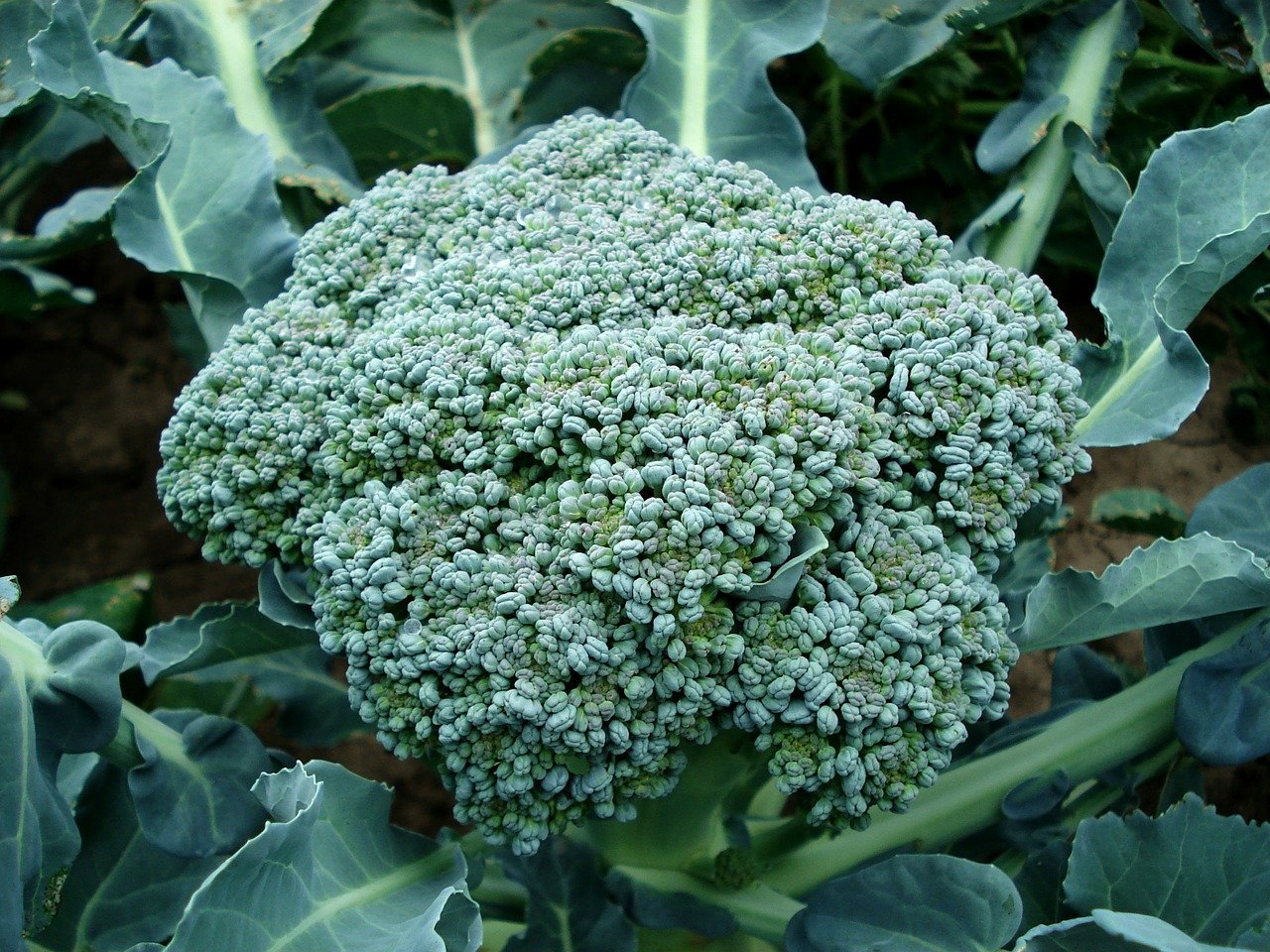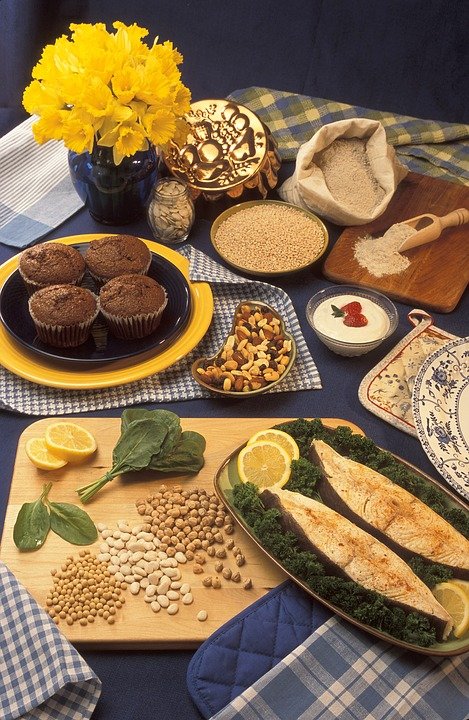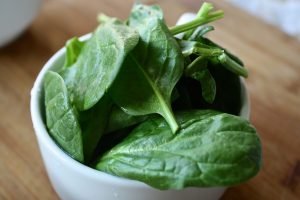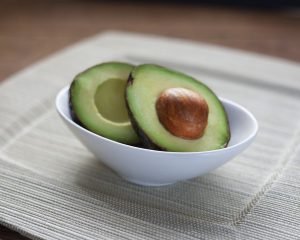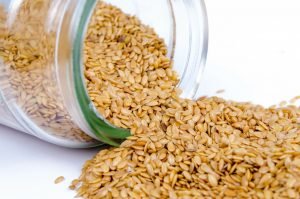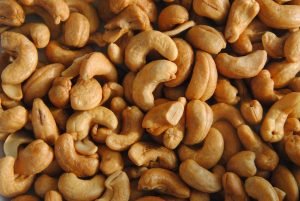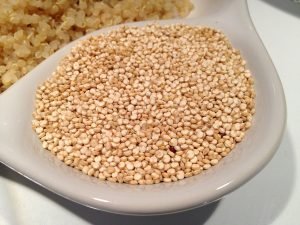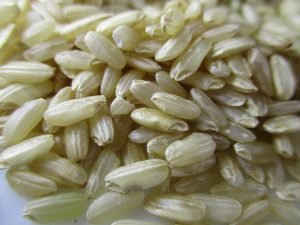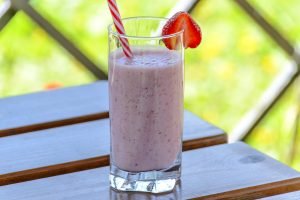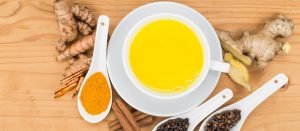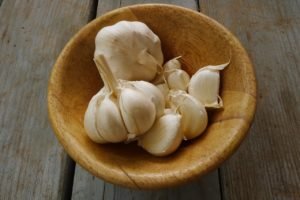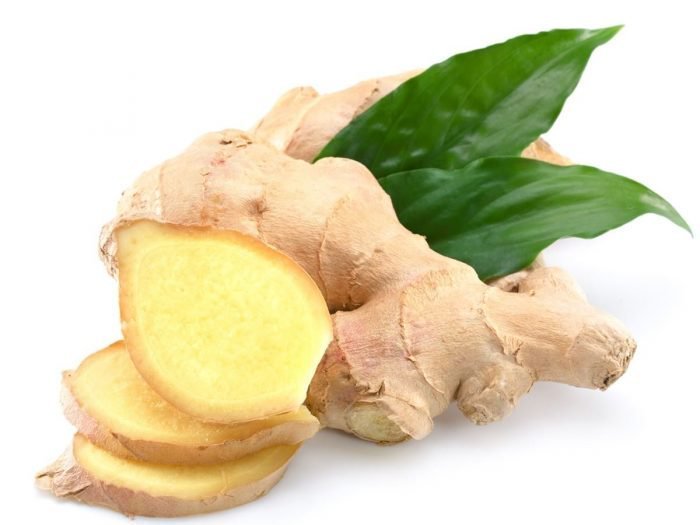Calcium is a mineral that is needed for a variety of bodily functions. It helps in building strong teeth, nails and bones, aids in nerve movements, muscle contraction and relaxation, and is also good for hormonal and enzymatic secretions in the human body.
The recommended daily intake (RDI) of calcium is 1,000 mg per day for most adults.
It is also recommended that women over 50 and everyone over 70 get 1,200 mg per day, while children aged 4-18 are advised to get 1,300 mg.
However, a large percentage of the population does not get enough calcium from the diet.
Here are 17 foods that are rich in calcium,
- Raw milk: Raw milk is an excellent source of calcium, not only due to the high amount it contains but also because of its bioavailability. 100 grams milk contains 125 mg calcium and calories 42 (DV 12%).

2.Yogurt: Yogurt is an excellent source of calcium. 100 grams yogurt contains 125 mg calcium and calories 59 (DV11%).

3.Cheese: Most cheeses are excellent sources of calcium. 100 grams cheese contains 721 mg calcium and calories 702 (DV72%)

4.Kale: Kale is another good source of calcium.100 grams kale contains 150 mg calcium and calories 49 (DV15%)

5.Sardines: Sardine fish is a good source of calcium. 100 grams sardines contains 382 mg calcium and calories 208 (DV 38%)

6.Broccoli: We can also get calcium by eating broccoli. 100 grams broccolis contains 47 mg calcium, calories 34 (DV 4%).

7.Okra: Okra is a very common vegetable and it is very rich in calcium. 100 grams okra contains 82 mg calcium, calories 33 (DV 8%).

8.Almond: Almond is a very tasty nut and rich in calcium. 100 grams almond contains 264 mg calcium, calories 576 (DV 26%).
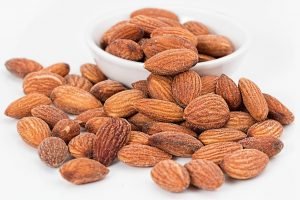
9.Goat Milk Cheese: Goat milk cheese is very rich in calcium. 100 grams goat milk cheese contains 298 mg calcium, calories 364 (DV 29%).

10.Mustard Greens: We can get calcium from mustard greens. 100 grams mustard greens contains 115 mg calcium, calories 27 (DV 11%).

11.Natto: Natto is a fermented soy food and in Japan, it is often eaten at breakfast with rice &, sometimes, with mustard, soy sauce, broth, vegetables or a raw egg. It’s a good source of calcium.100 grams natto contains 217 mg calcium, calories 212 (DV 21%)

12.Baked Beans: Backed beans is a dish containing beans. Baked beans are a very good source of calcium. 100 grams backed beans have 61 mg calcium and calories 155 (DV 6%)

13.Whey Protein: Whey protein is found in milk and has been extensively studied for its health benefits. It is very rich in calcium. A scoop of whey protein powder has 20% of the RDI for calcium.

14.Sesame seeds: Sesame seeds have a wide variety of usages in food and it’s a very rich in calcium. 100 grams sesame seeds contains 975 mg calcium, calories 573 (DV97%)

15.Acorn squash: Acorn squash is a very good source of calcium. 100 grams acorn squash contains 33mg calcium, calories 40 (DV 3%)

16.Dried fig: Dried fig is higher in calcium. 100 grams dried fig contains 26 mg calcium, calories 107 (DV2%).

17.Spinach: Spinach is a common vegetable and we can get plenty of calcium from spinach. 100 grams spinach contains 99mg calcium, calories 23 (DV 9%).


